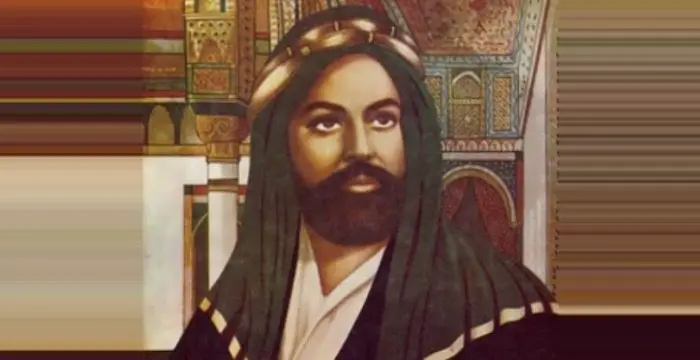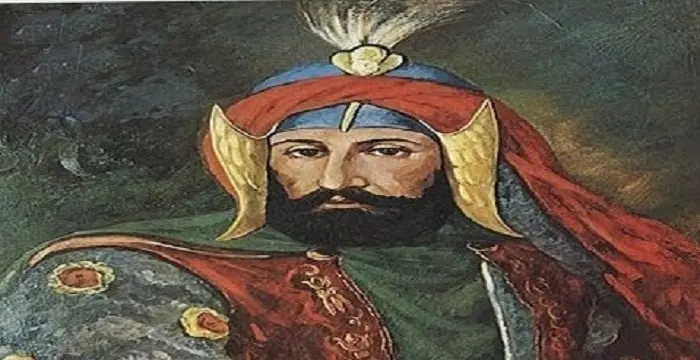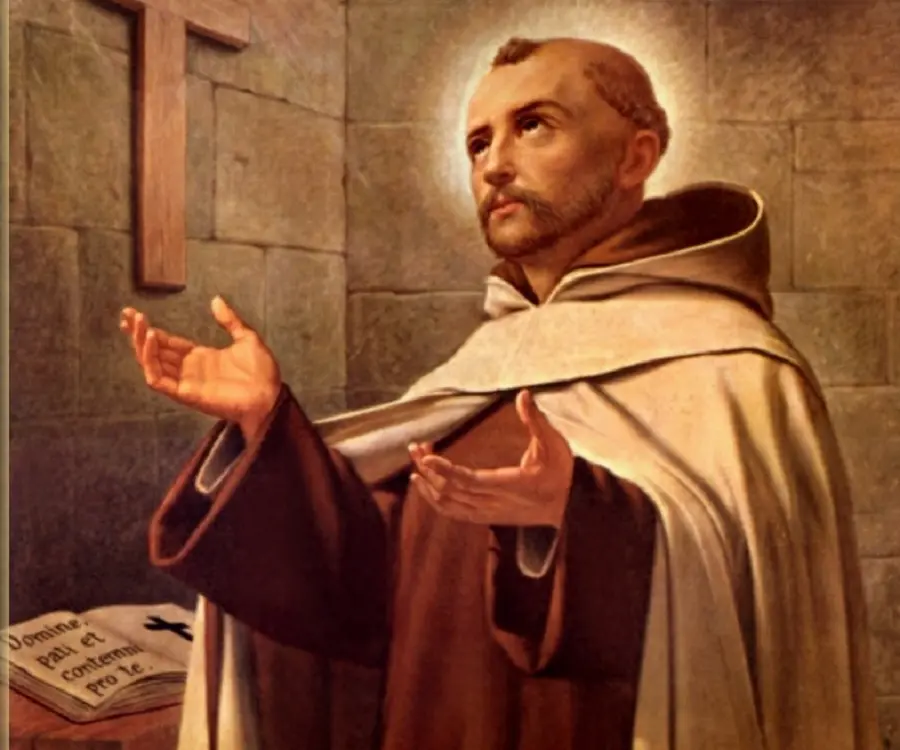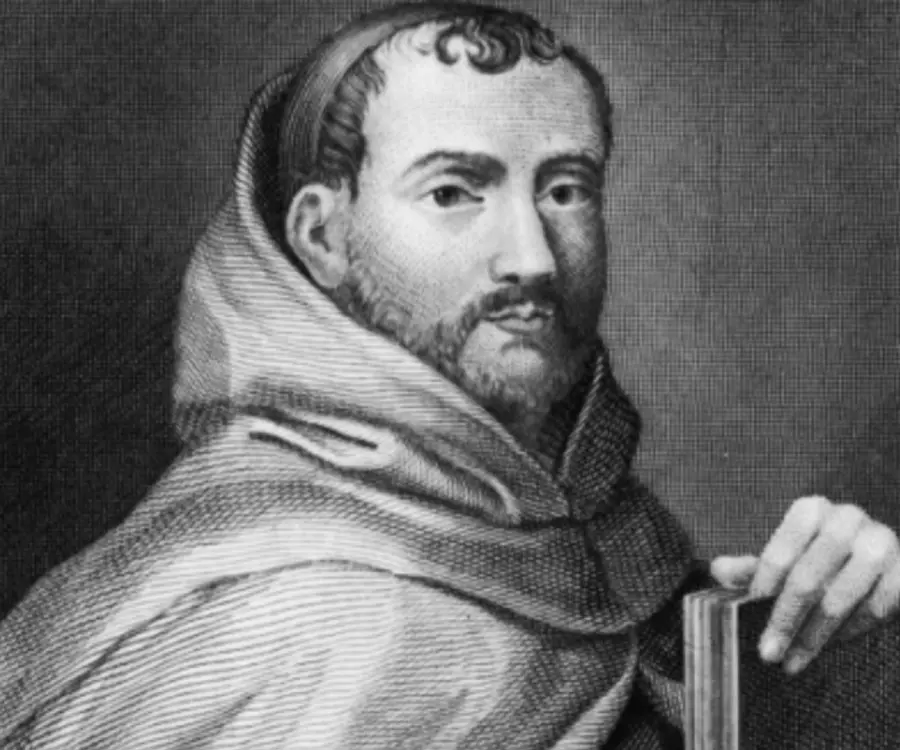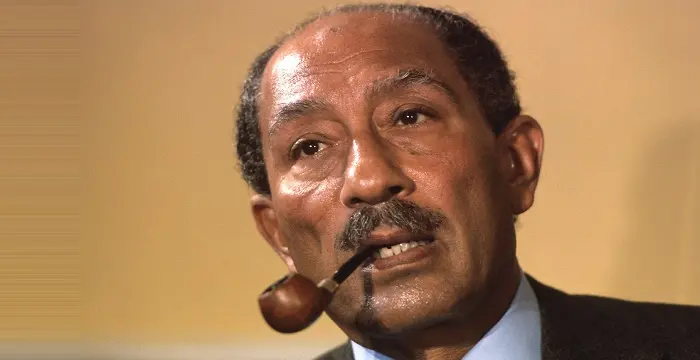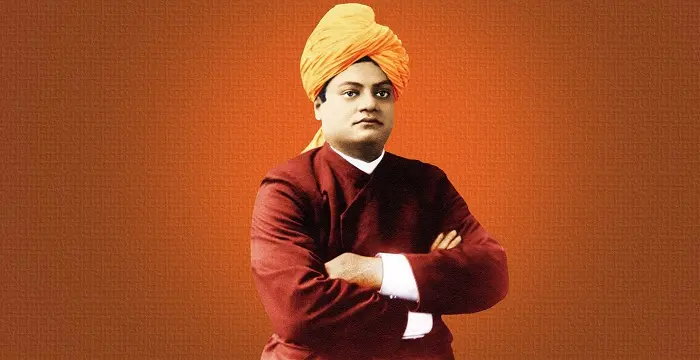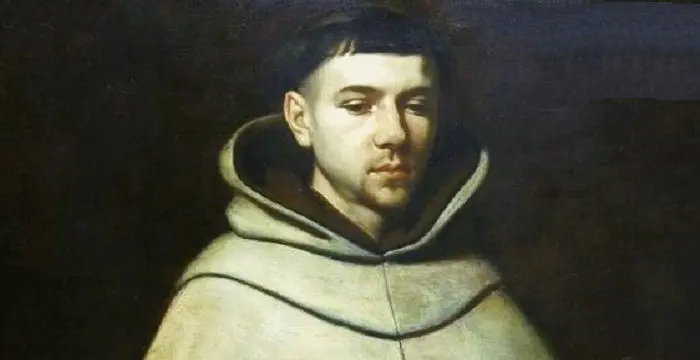
John of the Cross - Roman Catholic Saint, Timeline and Life
John of the Cross's Personal Details
St
| Information | Detail |
|---|---|
| Birthday | June 24, 1542 |
| Died on | December 14, 1591 |
| Nationality | Spanish |
| Famous | Leaders, Spiritual & Religious Leaders, Religious Leaders, Roman Catholic Saint, Spiritual |
| Siblings | Francisco de Yepes Álvarez, Luis de Yepes Álvarez |
| Universities |
|
| Founder / Co-Founder |
|
| Birth Place | Fontiveros |
| Religion | Catholicism |
| Gender | Male |
| Father | Gonzalo de Yepes |
| Mother | Catalina Álvarez |
| Sun Sign | Cancer |
| Born in | Fontiveros |
| Famous as | Roman Catholic Saint |
| Died at Age | 49 |
// Famous Spiritual
Prophet Muhammad
Prophet Muhammad was the founder of Islam, one of the most widespread religions in the world. This biography profiles his childhood, life story, achievements and more.
Murad IV
Murad IV was one of the mighty Sultans in the history of the Ottoman Empire. This biography profiles his childhood, family, accession, rule, administration and timeline.
Eckhart Tolle
Eckhart Tolle is a well-known spiritual leader, and author. Check out this biography to know about his childhood, family, personal life, spiritual awakening, etc.
John of the Cross's photo
Who is John of the Cross?
St. John of the Cross, born as Juan de Yepes y Álvarez, was a Roman Catholic saint who was a major figure of the Counter-Reformation. He was also a renowned mystic and a Carmelite friar who is considered, along with Saint Teresa of Ávila, as a founder of the Discalced Carmelites. Born into a family of descendents of Jewish converts to Christianity, John endured a very difficult childhood. He lost his father early on in his life and grew up in abject poverty. Another tragedy befell his family when his brother also died. His mother worked hard to raise her remaining children and took them to Medina del Campo, where she was able to find work weaving. John was sent to a school for poor children where he studied Christian doctrine and also served as acolyte at a nearby monastery of Augustinian nuns. On growing up he studied the humanities at a Jesuit school and went on to enter the Carmelite Order, adopting the name John of St. Matthias. He was eventually ordained a priest. The celebrated mystic, St. Teresa of Ávila solicited his help in the restoration of Carmelite life to its original observance of austerity, and together they became the founders of the Discalced Carmelites. St. John was also a poet and holds an important position in Spanish literature.
Childhood & Early Life
Juan de Yepes y Álvarez was born in 1542, in Fontiveros, Ávila, Spain. His father, Gonzalo originally hailed from a well-to-do family, but when he married Catalina, a poor orphan girl of a lower class, his family rejected him. Thus John was born into poverty.
His father died when John was a young boy, driving the family into destitution. Catalina struggled to raise her children all alone. Another tragedy befell the family when one of John’s brothers died of probable malnourishment a couple of years later.
His desperate mother took John and his surviving brother Francisco to Medina del Campo in 1551 where she was able to find work weaving. John was sent to a school for poor children where he received a basic education mainly in Christian doctrine. He became interested in religion while he was a student and was chosen to serve as acolyte at a nearby monastery of Augustinian nuns.
On growing up he studied the humanities at a Jesuit school from 1559 to 1563. He also worked at a hospital. In 1563, he entered the Carmelite Order, adopting the name John of St. Matthias.
Later Years
St. John of the Cross professed his religious vows as a Carmelite in 1564 and travelled to Salamanca, where he studied theology and philosophy at the university there. John was ordained a priest in 1567. His initial plan was to join the strict Carthusian Order, which appealed to him because of its encouragement of solitary and silent contemplation.
However, he changed his mind after a trip to Medina del Campo in September 1567. He met the Carmelite nun Teresa of Jesus who was in Medina to found the second of her convents for women. She told him of her plans to restore the purity of the Carmelite Order by restarting observance of its "Primitive Rule" of 1209 which had been relaxed by Pope Eugene IV in 1432.
Teresa asked him to join her in the restoration. After completing his studies in Salamanca, he joined Teresa and travelled with her from Medina to Valladolid in August 1568. Teresa intended to found another monastery of nuns in Valladolid. During his stay with Teresa, John learned more about the form of Carmelite life.
In October 1568, John, accompanied by Friar Antonio de Jesús de Heredia, left Valladolid to found a new monastery for friars, the first for men following Teresa's principles. The new monastery was established on 28 November 1568 and on that same day John changed his name to John of the Cross.
John went on to set up a new community at Pastrana (October 1570), and a community at Alcalá de Henares, which was to be a house of studies for the academic training of the friars.
In 1572, Teresa invited him to Avila and he became the spiritual director and confessor for Teresa who was now prioress of the Monastery of the Visitation.
In 1574, John accompanied Teresa in the foundation of a new monastery in Segovia and returned to Avila soon after.
The reforms of Teresa and John, however, led to tensions among the Spanish Carmelite friars. On the night of 2 December 1577, John was abducted from his dwelling in Ávila by a group of Carmelites opposed to reform. He was made a prisoner in Carmelite monastery in Toledo, at that time the Order's most important monastery in Castile.
He was kept under brutal conditions and subjected to routine physical torture. He was kept isolated in a tiny stifling cell measuring ten feet by six feet and publicly lashed before the community at least weekly. Fed a very poor diet, and not even given a change of clothes, his physical health suffered greatly. But he held fast to his faith and focused on writing poems even under these terrible circumstances.
On 15 August 1578, he somehow managed to escape by prying open the cell door. It took him several weeks to regain his health following which he became active in reform again. In October 1578 he joined a meeting at Almodóvar del Campo of the supporters of reform and was appointed superior of El Calvario.
In 1579, he became the rector of a new college, the Colegio de San Basilio, to support the studies of Discalced friars in Andalusia. He held this post until 1582. He was made the prior at the friars' monastery of Los Martires, beside the Alhambra in March 1582.
Continuing the reform even after Teresa’s death, he established a monastery of Discalced nuns in Málaga in 1585. The same year, he was elected Provincial Vicar of Andalusia. In this position, he travelled widely and founded seven new monasteries in the region. In 1588, he returned to Castile as prior of the house of Segovia and as councilor of the provincial.
Major Works
During his imprisonment, St. John of the Cross wrote several brilliant poems, including ‘Cántico espiritual’ (“The Spiritual Canticle”), ‘Noche oscura del alma’ (“The Dark Night of the Soul”), and ‘Llama de amor viva’ (“The Living Flame of Love”). Of these, ‘Noche oscura’ is regarded as his best known work. The poem is an intense description of the process by which the soul sheds its attachment to everything and eventually passes through a personal experience of Christ’s Crucifixion to his glory.
Personal Life & Legacy
St. John of the Cross died of erysipelas on 14 December 1591.
He was canonized in 1726 and pronounced a Doctor of the Church in 1926.
// Famous Religious Leaders
Prophet Muhammad
Prophet Muhammad was the founder of Islam, one of the most widespread religions in the world. This biography profiles his childhood, life story, achievements and more.
Murad IV
Murad IV was one of the mighty Sultans in the history of the Ottoman Empire. This biography profiles his childhood, family, accession, rule, administration and timeline.
Eckhart Tolle
Eckhart Tolle is a well-known spiritual leader, and author. Check out this biography to know about his childhood, family, personal life, spiritual awakening, etc.
John of the Cross biography timelines
- // 1542Juan de Yepes y Álvarez was born in 1542, in Fontiveros, Ávila, Spain. His father, Gonzalo originally hailed from a well-to-do family, but when he married Catalina, a poor orphan girl of a lower class, his family rejected him. Thus John was born into poverty.
- // 1551His desperate mother took John and his surviving brother Francisco to Medina del Campo in 1551 where she was able to find work weaving. John was sent to a school for poor children where he received a basic education mainly in Christian doctrine. He became interested in religion while he was a student and was chosen to serve as acolyte at a nearby monastery of Augustinian nuns.
- // 1563On growing up he studied the humanities at a Jesuit school from 1559 to 1563. He also worked at a hospital. In 1563, he entered the Carmelite Order, adopting the name John of St. Matthias.
- // 1564 To 1567St. John of the Cross professed his religious vows as a Carmelite in 1564 and travelled to Salamanca, where he studied theology and philosophy at the university there. John was ordained a priest in 1567. His initial plan was to join the strict Carthusian Order, which appealed to him because of its encouragement of solitary and silent contemplation.
- // 1567However, he changed his mind after a trip to Medina del Campo in September 1567. He met the Carmelite nun Teresa of Jesus who was in Medina to found the second of her convents for women. She told him of her plans to restore the purity of the Carmelite Order by restarting observance of its "Primitive Rule" of 1209 which had been relaxed by Pope Eugene IV in 1432.
- // Aug 1568Teresa asked him to join her in the restoration. After completing his studies in Salamanca, he joined Teresa and travelled with her from Medina to Valladolid in August 1568. Teresa intended to found another monastery of nuns in Valladolid. During his stay with Teresa, John learned more about the form of Carmelite life.
- // 28th Nov 1568In October 1568, John, accompanied by Friar Antonio de Jesús de Heredia, left Valladolid to found a new monastery for friars, the first for men following Teresa's principles. The new monastery was established on 28 November 1568 and on that same day John changed his name to John of the Cross.
- // Oct 1570John went on to set up a new community at Pastrana (October 1570), and a community at Alcalá de Henares, which was to be a house of studies for the academic training of the friars.
- // 1572In 1572, Teresa invited him to Avila and he became the spiritual director and confessor for Teresa who was now prioress of the Monastery of the Visitation.
- // 1574In 1574, John accompanied Teresa in the foundation of a new monastery in Segovia and returned to Avila soon after.
- // 2nd Dec 1577The reforms of Teresa and John, however, led to tensions among the Spanish Carmelite friars. On the night of 2 December 1577, John was abducted from his dwelling in Ávila by a group of Carmelites opposed to reform. He was made a prisoner in Carmelite monastery in Toledo, at that time the Order's most important monastery in Castile.
- // 15th Oct 1578On 15 August 1578, he somehow managed to escape by prying open the cell door. It took him several weeks to regain his health following which he became active in reform again. In October 1578 he joined a meeting at Almodóvar del Campo of the supporters of reform and was appointed superior of El Calvario.
- // 1585 To 1588Continuing the reform even after Teresa’s death, he established a monastery of Discalced nuns in Málaga in 1585. The same year, he was elected Provincial Vicar of Andalusia. In this position, he travelled widely and founded seven new monasteries in the region. In 1588, he returned to Castile as prior of the house of Segovia and as councilor of the provincial.
- // 14th Dec 1591St. John of the Cross died of erysipelas on 14 December 1591.
// Famous Leaders
Edi Rama
Edi Rama is the current Prime Minister of Albania. Check out this biography to know about his childhood, life, achievements, works & timeline.
Tecumseh
Tecumseh was a Native American leader of the Shawnee clan. This biography profiles his childhood, life and timeline.
Khalifa bin Zayed Al Nahyan
Sheikh Khalifa bin Zayed Al Nahyan is the current President of the United Arab Emirates (UAE). Check out this biography to know about his birthday, childhood, family life, achievements and fun facts about him.
Anwar Sadat
Anwar Sadat was the third President of Egypt and has been awarded the Nobel Prize for his peace initiatives. To know more about his childhood, career, profile and timeline read on the following biography.
Leo Varadkar
Cam Leo Varadkar is the current Taoiseach—the Prime Minister—of the Republic of Ireland. Check out this biography to know about his childhood, family life, achievements and other facts about his life.
Swami Vivekananda
Swami Vivekananda was the chief disciple of Sri Ramakrishna, and was responsible for awakening India spiritually. Check this biography to know in detail about his life, profile and timeline.
John of the Cross's FAQ
What is John of the Cross birthday?
John of the Cross was born at 1542-06-24
When was John of the Cross died?
John of the Cross was died at 1591-12-14
Where was John of the Cross died?
John of the Cross was died in Úbeda
Which age was John of the Cross died?
John of the Cross was died at age 49
Where is John of the Cross's birth place?
John of the Cross was born in Fontiveros
What is John of the Cross nationalities?
John of the Cross's nationalities is Spanish
Who is John of the Cross siblings?
John of the Cross's siblings is Francisco de Yepes Álvarez, Luis de Yepes Álvarez
What was John of the Cross universities?
John of the Cross studied at University of Salamanca
Which company or organization was founded by John of the Cross?
John of the Cross was the founder/co-founder of Discalced Carmelites
What is John of the Cross's religion?
John of the Cross's religion is Catholicism
Who is John of the Cross's father?
John of the Cross's father is Gonzalo de Yepes
Who is John of the Cross's mother?
John of the Cross's mother is Catalina Álvarez
What is John of the Cross's sun sign?
John of the Cross is Cancer
How famous is John of the Cross?
John of the Cross is famouse as Roman Catholic Saint
